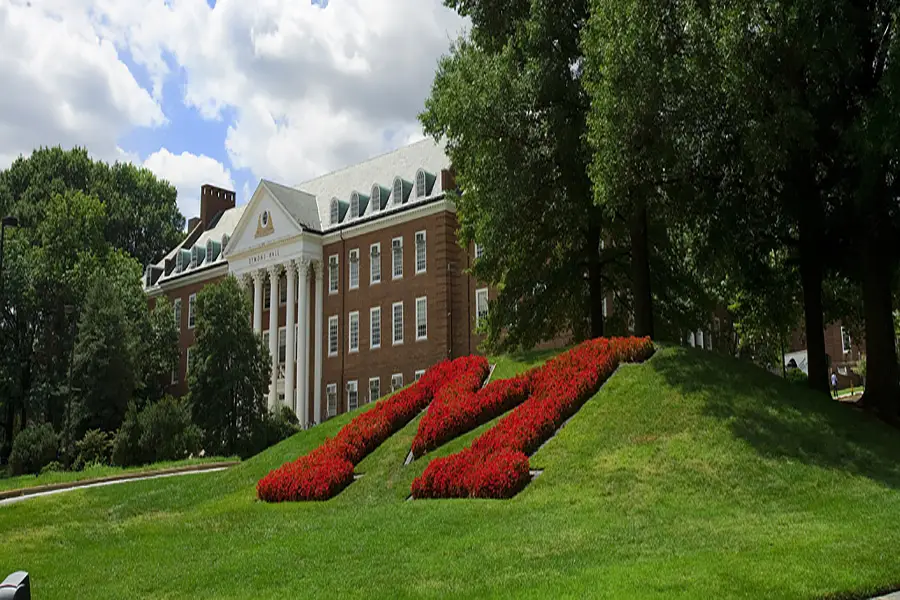The University of Maryland, Baltimore County’s (UMBC) program to support underrepresented students pursuing careers in STEM fields received a major boost on Tuesday after a non-profit donated $6.9 million to support the initiative.
Donated by the Chan Zuckerberg Initiative, which was founded by Dr. Priscilla Chan and Mark Zuckerberg, the gift will expand the UMBC Meyerhoff program onto the University of California, San Diego and the University of California, Berkeley campuses.
Founded in 1989, the program is well known across the nation for recruiting and retaining underrepresented students pursuing undergraduate and graduate degrees in STEM-related fields.
“The key to accelerating discoveries in science or the next tech breakthrough will be dependent on our ability to bring fresh perspectives to STEM fields,” Chan said. “With these new grants, we hope to help bring even more diversity of perspective and experience to our state — and to Silicon Valley.”
As part of the program, both of the University of California campuses will reach out to high-achieving underrepresented high school students, engage with the students’ families and emphasize team learning, peer counseling and intensive advising.
“The STEM Scholars Program at Berkeley goes hand in hand with our commitment to a more diverse and inclusive culture across our campus, and thanks to the support of the Chan Zuckerberg Initiative, we are charting a clear path forward in the STEM fields,” Carol Christ, UC Berkeley chancellor, said.
“This program will enable Berkeley’s continued success as an engine of social mobility and a source for the next generation of top talent to such industries as Silicon Valley.”
Over the next five years, both of the campuses will provide rigorous quantitative and qualitative data to measure the success of the program.
Rutgers Alllocates Additional $22 Million to Increase Faculty Diversity

